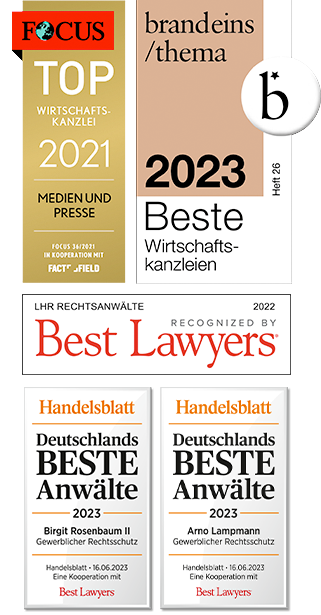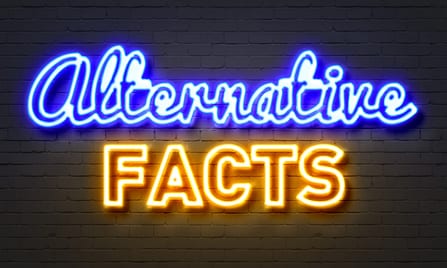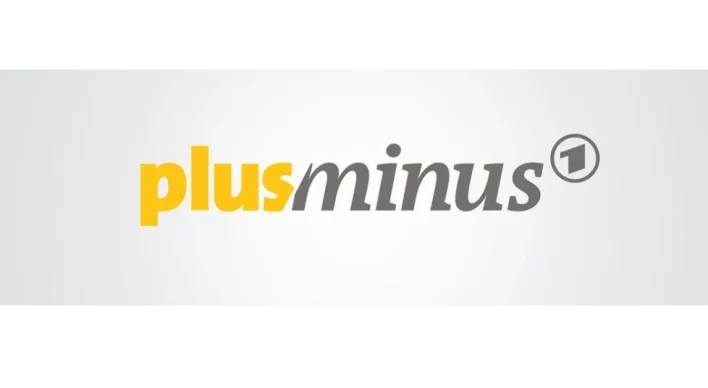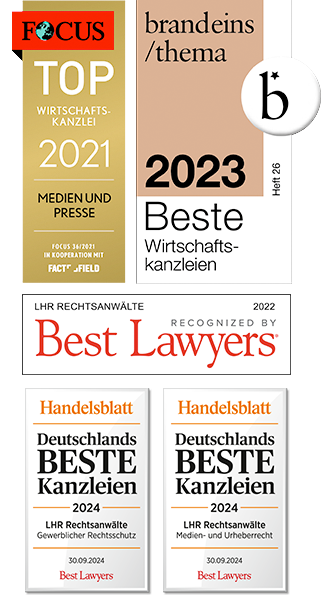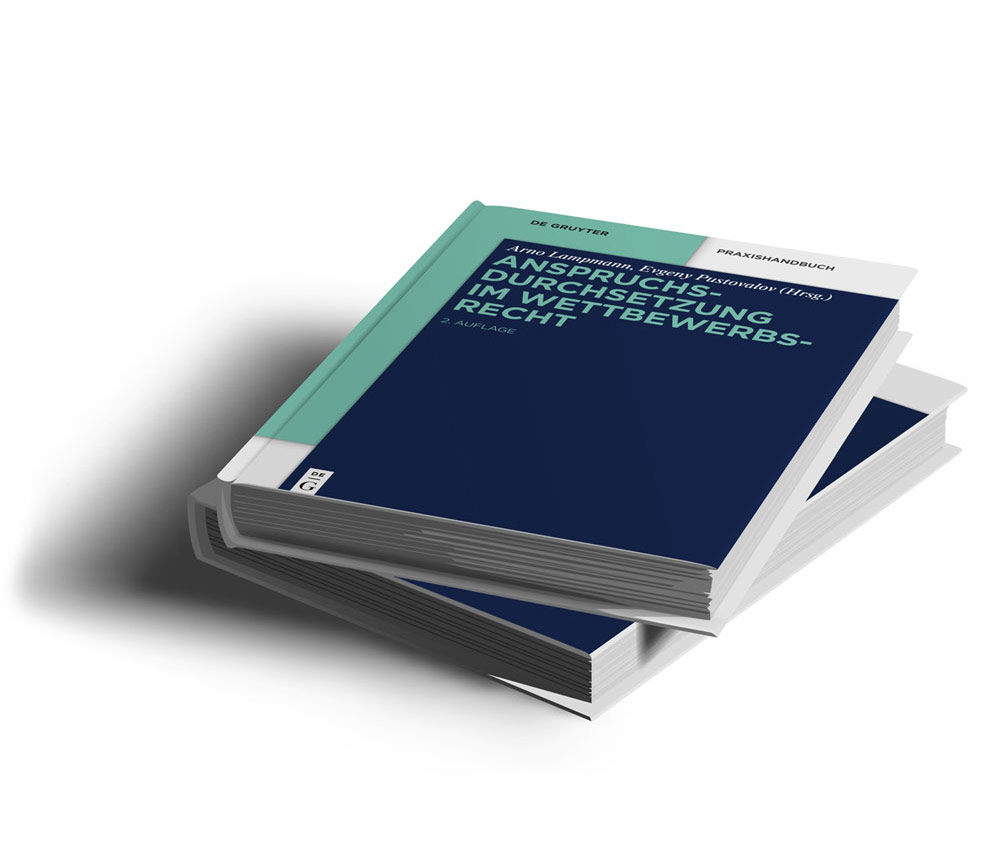LHR obtains conviction of Deutschlandradio for unlawful use of photographs before Cologne Regional Court: non-commercial in CC licences means purely private

The Regional Court of Cologne (Regional Court of Cologne, judgement of 5 March 2014, case no. 28 O 232/13, not final) had to deal with this issue for the first time in proceedings conducted by Lampmann, Haberkamm & Rosenbaum Rechtsanwälte (LHR). (Due to numerous enquiries, the decision here available until it is published on OpenJur, for example).
The lawsuit was filed by a photographer who published his photographic works under the “Creative Commons Licence Attribution-NonCommercial 2.0” to the public for use. The defendant was Deutschlandradio, a public corporation, which had made a photographic work by the plaintiff publicly accessible on the website dradiowissen.de operated by it to illustrate a contribution there.
Until the Cologne Regional Court’s favourable decision, the case was unpleasant for the plaintiff not only because Deutschlandradio’s legal counsel initially condescendingly informed him in out-of-court correspondence that he was not entitled to injunctive relief or damages, but also because he initially refused to remove the photo from the website. Only after a further request was the photo deleted.
However, Deutschlandradio persistently refused to issue a cease-and-desist declaration and to pay damages, so that the present action became necessary. During the hearing, Deutschlandradio announced its intention to appeal against an unfavourable decision. So it remains exciting.
Lawyer Arno Lampmann from the law firm LHR:
“The decision of the Regional Court of Cologne is pleasing not only because it is the first time that case law on the licence condition ‘non-commercial’ exists, but also because the deciding chamber has established with refreshing clarity that an act does not lack commerciality only because the acting party is not dependent on direct income from its activity due to its public funding. In any case, Deutschlandradio must be treated in the same way as any other privately operated radio station with regard to compliance with the licence conditions of the Creative Commons licences. The judgement is therefore likely to meet with approval not only from Deutschlandradio’s direct competitors, such as private radio stations, but also from the public, who have recently been increasingly arguing about the sense and nonsense of the compulsory levies that finance Deutschlandradio, among others. It would have been difficult to explain to licence fee payers that Deutschlandradio is not only compulsorily financed, but should not even have to abide by the rules of the game that apply to all other media professionals.”
(la)
Update 30.4.2014: Violation of CC licence ‘non-commercial’ – Deutschlandradio lodges appeal
Update 25.11.2014: Cologne Higher Regional Court confirms use of photographs by Deutschlandradio in breach of CC licence – but not for commercial use
You can find practical tips for webmasters and photographers on Creative Commons licences in our article:
Further decisions on Creative Commons licences can be found here:
